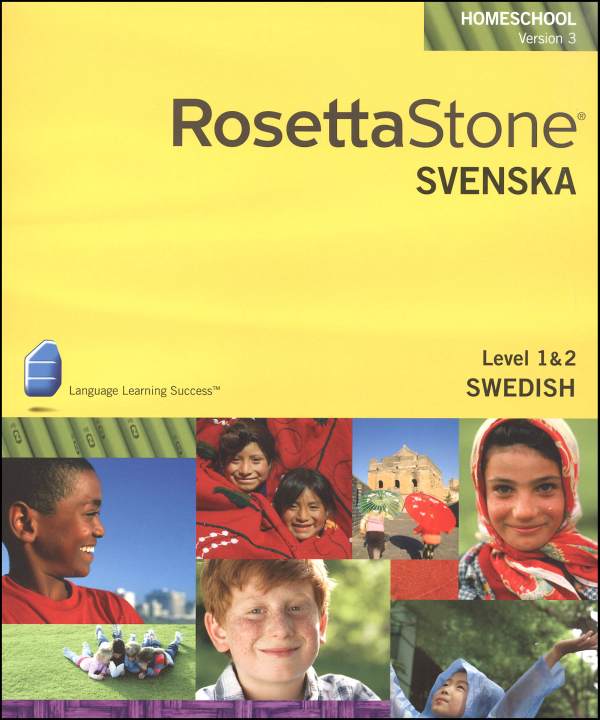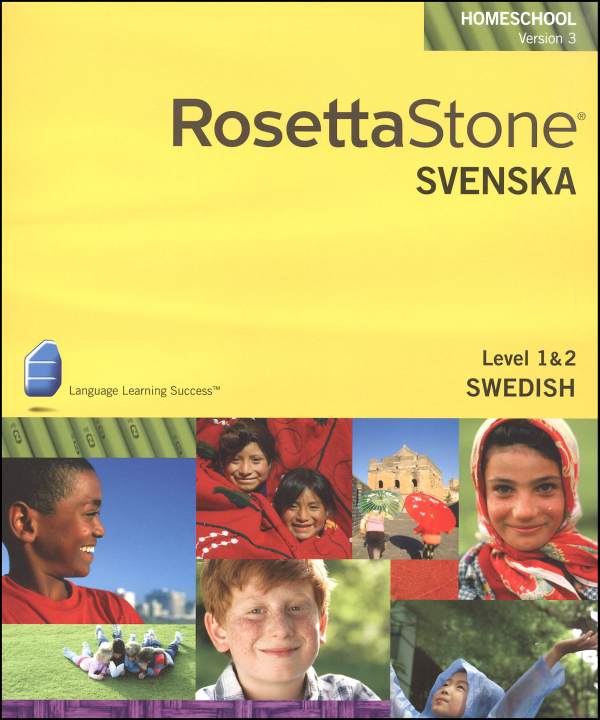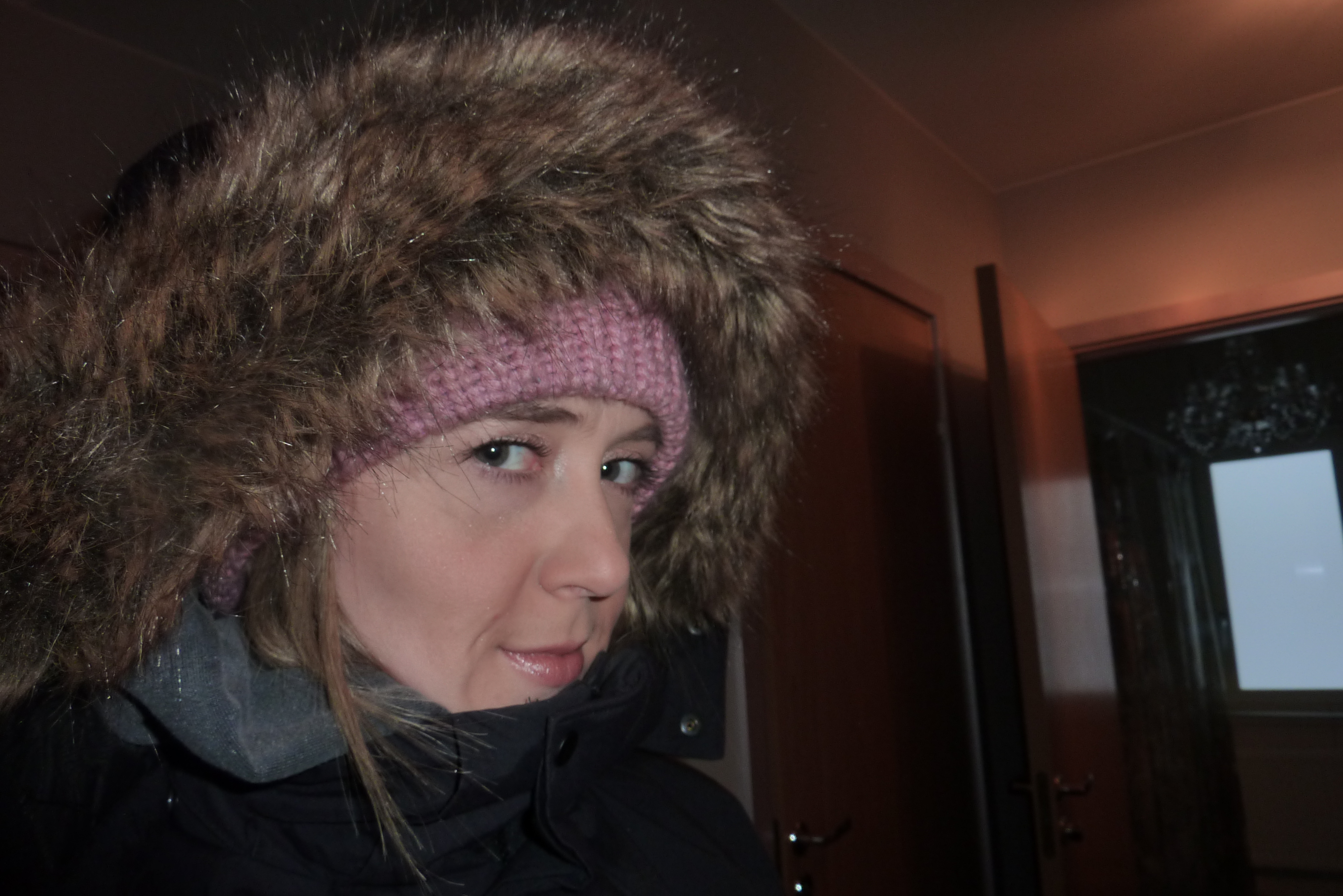 Ms. Redford, my Year 11 Spanish teacher, predicted that I would get a D for my language GCSE. And that was only if I tried very hard. It was the only grade below a C that I was predicted out of 10 subjects.
Ms. Redford, my Year 11 Spanish teacher, predicted that I would get a D for my language GCSE. And that was only if I tried very hard. It was the only grade below a C that I was predicted out of 10 subjects.
Now, I am a teacher and every year I have the task of predicting what the students in my classes will get for their exams and I am well aware that I am sometimes wrong – often a student will get a grade above or, less often, below what I have estimated. This may sometimes be because I have deliberately underestimated a student in order to motivate them when they are a little lacklustre. Ironically, Ms. Redford’s comment that I would need to try very hard to achieve a D had the opposite effect – I decided to focus my energy into Maths and Science, and just live with a D in Spanish.
As it turns out, Spanish was the only subject in which I got an A*, this I attributed to the fact that I, alongside every other student in the class, was so afraid of Ms. Redford that we would refrain from answering in class and that the exam allowed my well-concealed talent for languages to flourish after all. Just as a quick aside to Ms. Redford – in 8 years of teaching I have never underpredicted by 4 grades! So shortly after my exams I attempted to use my A* Spanish on a holiday to Tenerife when I tried to negotiate an orange juice and a fizzy orange in a local restaurant. I received an orange juice and an orange squash, so my success was somewhat limited. In hindsight I should have asked for una zumo de naranja y una fanta to have greater success!
Unfortunately 17 years later my Spanish GCSE grade still remains the peak of my language learning to date. One year in Japan enabled me to say; Good Morning, Goodbye, I’m sorry, and Where is the train station? (this can be adapted to Where is the post office? and Where is McDonalds?). THREE years in Vietnam armed me with standard taxi-talk go left, go right, straight on, stop here, and thank you. I am not proud of this. It is particularly embarrassing that my level of Vietnamese is considerably below even the most rudimentary English of the majority of Vietnamese that I met. It is even more of an embarrassment that the only Vietnamese I did master is a string of imperatives.
I have no excuse; I didn’t need to make an effort and so I didn’t.
Sweden, unlike Japan and Vietnam, quite rightly insists that any foreigner wishing to stay a prolonged period of time must attempt to learn Svenska. Indeed my work contract depends upon it – until I have a certain level of Swedish I can not be offered a permanent contract anywhere in Sweden. So learn Swedish, I must!
I have to admit that it would be nice to speak to Nicklas, his friends and his family in their own language. It is very isolating to sit in a room full of people and be totally unable to understand any of the conversation. It is even worse to expect everybody else to speak in a foreign language just for my benefit. Swedes generally have an excellent command of English but in my experience are very apprehensive about speaking it; how much of this is down to shyness I’m never quite able to tell. Although alcohol often helps to encourage Swedes to speak English, the more the better! Most Swedes have a better command of English than members of the British public do. When I first met Nicklas he impressed me greatly by conversing fluently and confidently, by sending perfectly expressed text messages, and by reading ‘The Picture of Dorian Gray’ in English – I know many native speakers who struggle with all three of those things! I was even more impressed when he told me that he had not studied, and had hardly used, English since his school days. I’m not sure that my A* Spanish would hold up to much in Spain these days.
So, I now have Rosetta Stone loaded onto my laptop to begin the long and daunting task of learning Swedish. Hopefully I can put the demons of my school days behind me and go for an A from the start 🙂




